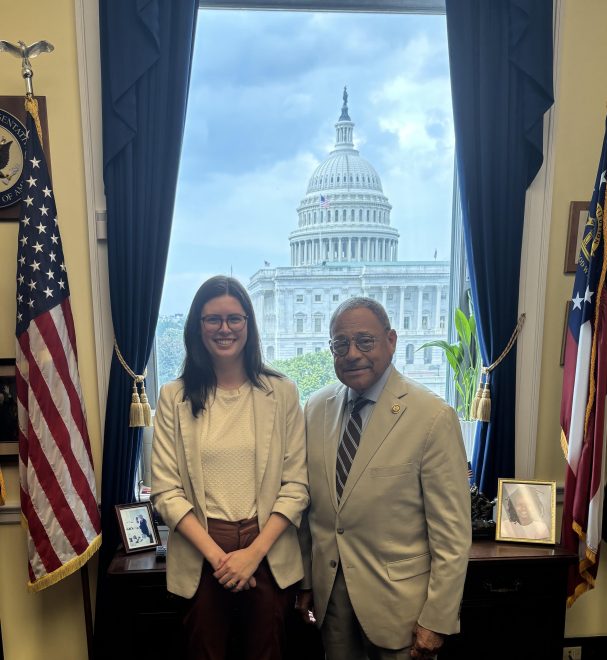Arbery trial begs for reckoning
Published 10:06 am Wednesday, October 20, 2021
As jury selection begins in the Ahmaud Arbery case, it is a stark reminder of the state of race relations in Georgia and across the nation.
We must do better.
Trending
We must be better.
We must be much better.
Three white men, Travis McMichael, Gregory McMichael and William Bryan, stand accused in the shooting death of 25-year-old Arbery, who was Black.
If he had not been a young Black man running through a predominately white neighborhood, no one reasonably thinks he would have been hunted down and shot to death on Feb. 23, 2020.
The defendants have said they were conducting what they called a “citizen’s arrest” — now effectively illegal in Georgia — because they believed Arbery was a thief.
While the defense is flimsy at best, it begs the question: Would they have believed that about him had he not been a Black man running in the street?
Trending
Young white men, perhaps former high school athletes like Arbery, run in the streets all the time. They are not chased down by men in pickup trucks and shot.
Arbery was racially profiled by three men with no authority to try, convict and execute anyone.
Both Republican and Democrat lawmakers rallied to change state citizen’s arrest laws in the aftermath of the Arbery killing, and rightly so. The antiquated, Jim Crow-era law was always racist and always wrong, from its inception.
But while a law was changed, attitudes were not.
We have a very long way to go in our state and across the nation when it comes to race relations.
And no discussions about race relations will ever be complete without candid and honest conversations about racial profiling, legal justice inequities, prison reform, lagging educational investments in communities of color and economic disparities.
While these are among the necessary conversations, they are also the very topics that become the most heated among people who adamantly protest, “I am not racist. I don’t have a racist bone in my body.”
So long as we live in a society, or a community, where Black mothers must have conversations with their sons regarding where they can and cannot run, we cannot deceive ourselves into thinking that we have made adequate progress in race relations.
Racism goes beyond whether any one person has feelings or racial animosity or hatred. It is more about systems, inequities and equal opportunity.
While we must all examine ourselves, we must also be willing to examine our institutions, laws, policies and practices.
We must be better.





